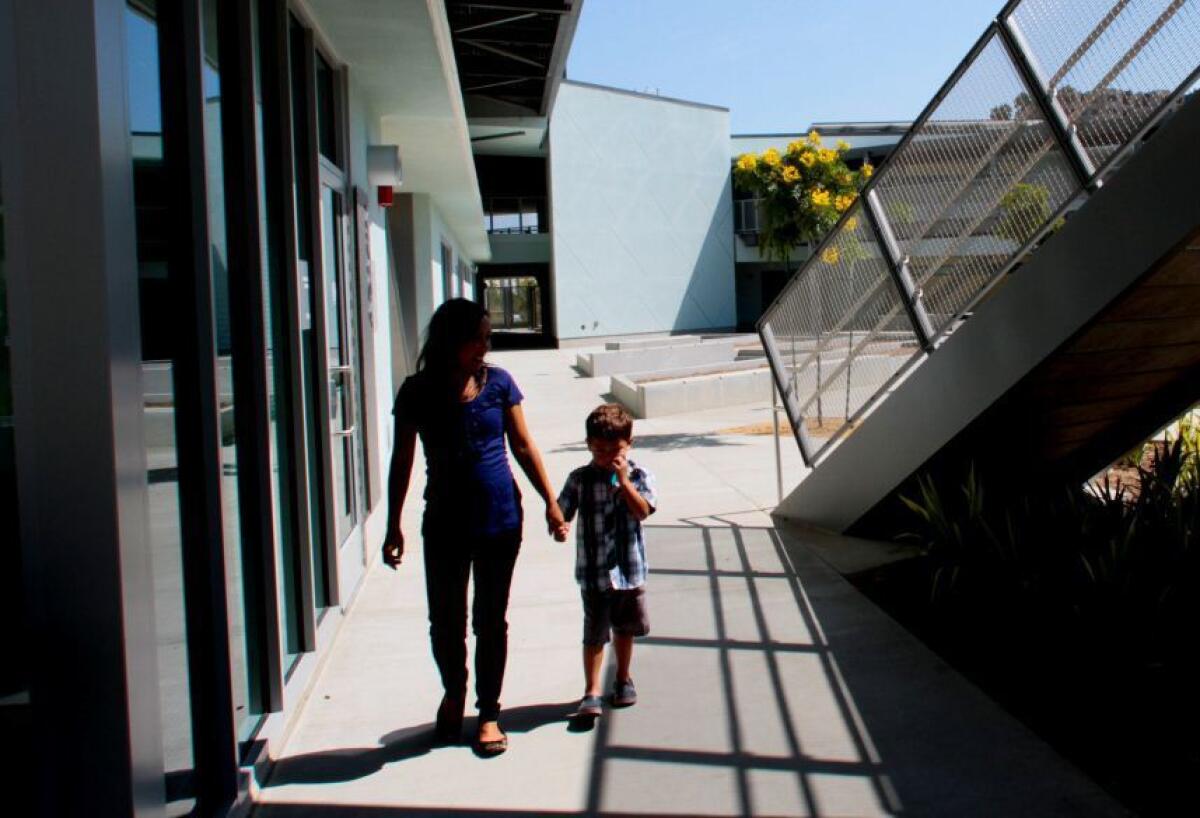Narcissistic kid? Blame the parents, study says

Parents who believe their kids are better, more special, and deserve more than other kids can pass that point of view on to their children, creating young narcissists who feel superior to others, and entitled to privileges, according to a new study.
“Loving your child is healthy and good, but thinking your child is better than other children can lead to narcissism, and there is nothing healthy about narcissism,” said Brad Bushman, a professor of communication and psychology at Ohio State University.
Bushman is the coauthor of a new paper that found a direct correlation between parents who overvalue their children and children who are narcissistic.
The study, published Monday in Proceedings of the National Academy of Sciences, is the first to look at the origins of narcissism.
“People are not just born narcissists and there is nothing you can do about it,” Bushman said. “Our research shows that the way parents treat their children can predict how narcissistic their kids are.”
To be clear, narcissism is not a disorder that people do or do not have. Rather, it is a spectrum on which adults and kids from the general population gradually differ from one another, explained Eddie Brummelman, a post-doctoral researcher at the University of Amsterdam and the main author of the study.
“Most children score around the midpoint of the narcissism continuum, with some scoring very low, and some children scoring very high,” he said. “In its extreme form, narcissism can sometimes develop into Narcissistic Personality Disorder in adulthood.”
For the study, the researchers conducted interviews with 565 children ages 7-12 and their parents every six months over an 18-month period.
Bushman said they chose that age range because the first signs of narcissistic tendencies begin to emerge around age 8.
“Before that every kid is a narcissist,” he said. “If you go into a classroom of 5-year-olds and ask who here is good at math they will all raise their hand. It isn’t until about age 8 that they start to compare themselves with others.”
Every six months of the study period the children were asked to rate their response to 10 items on the Childhood Narcissism Scale from 0-3, with 0 being “not at all true” and 3 being “completely true.”
The statements included, “Kids like me deserve something extra,” and “I am a great example for other kids to follow.”
It also included the sinister question, “I am very good at making other people believe what I want them to believe.”
For the parents, the researchers used the parental overvaluation scale, which includes statements like “My child deserves special treatment,” and “I would find it disappointing if my child was just a ‘regular’ child.”
The researchers also had the kids take a self-esteem test, and the parents were asked to take a parental warmth test.
The researchers found that the more parents overvalued their kids, the more narcissistic the kids’ responses became six months later.
They also found that parental warmth was associated with high self-esteem in kids, but that parental over evaluation was not associated with high self-esteem.
“When children are seen by their parents as being more special and more entitled than other children, they may internalize the view that they are superior individuals, a view that is at the core of narcissism,” the researchers conclude in the paper.
They add: “When children are treated by their parents with affection and appreciation, they may internalize the view that they are valuable individuals, a view that is at the core of self-esteem.”
So, according to the research, loving your kid and thinking he or she is awesome is a good thing, but thinking your kid is more awesome than other kids can lead to trouble down the road, Brummelman said.
Keith Campbell, a professor of psychology at the University of Georgia who was not involved in the study, praised the research.
“I think that looking at the age group is really interesting,” he said. “These findings are consistent with theory and other research on narcissism and parenting, so I think there is good evidence that parenting can cause narcissism.”
However, he added that there is also good evidence that genetic factors play an important role in the development of narcissism as well.
The researchers agree.
“It probably does have to do with genetics too,” Bushman said.
And here’s one more thing to consider: A person doesn’t have to stay a narcissist forever.
“Although narcissism is often seen as a deeply ingrained personality trait, it can certainly change,” Brummelman said. “When you are narcissistic at one time in life, you’re not destined to be narcissistic decades later.”
Science rules! Follow me @DeborahNetburn and “like” Los Angeles Times Science & Health on Facebook.
ALSO:
Op-Ed: How secular family values stack up
Parents take extreme steps to keep their kids from the unvaccinated
Opinion: ‘Free-range’ parents’ nightmare: When teaching independence is called child neglect






